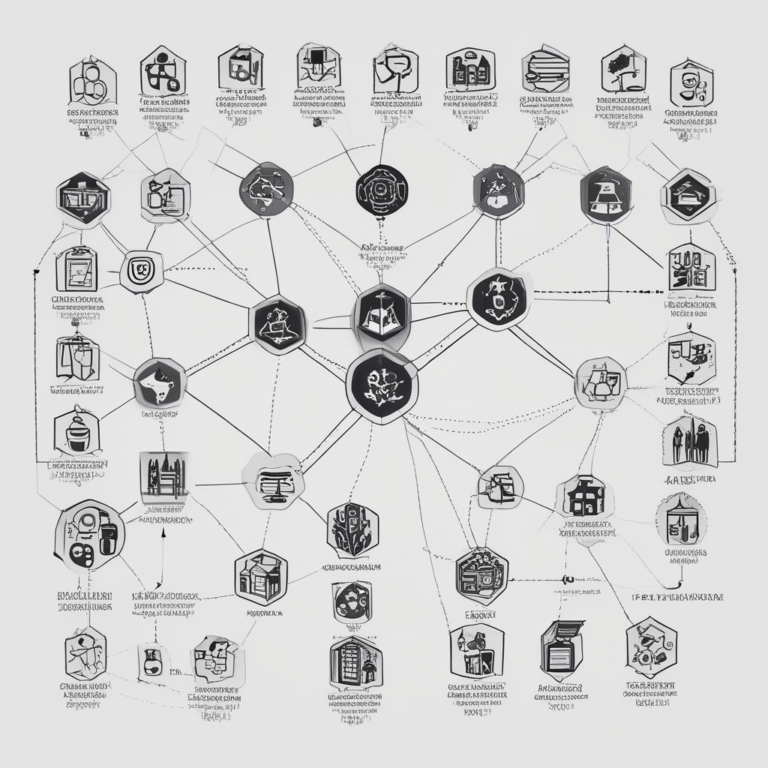Senators Discuss the Implications of Banning State Regulation of AI
On June 18, U.S. Senators Marsha Blackburn (R-Tenn.) and Maria Cantwell (D-Wash.) convened to address the potential risks associated with a provision in the Senate’s reconciliation bill that seeks to impose a ten-year ban on states’ ability to regulate artificial intelligence (AI).
The Proposed Ban
The proposed legislation, part of President Donald Trump’s comprehensive tax and policy initiative known as the ‘Big Beautiful Bill’, threatens to prohibit states from enforcing laws related to AI for a decade. This moratorium raises significant concerns, especially as states like Tennessee have taken proactive steps to lead in AI regulation.
State Leadership in AI Regulation
During the discussion, Senators Blackburn and Cantwell, alongside Tennessee Attorney General Jonathan Skrmetti and Washington Attorney General Nick Brown, emphasized the critical role that states play in safeguarding citizens’ interests in the rapidly evolving landscape of AI technologies.
Senator Blackburn highlighted Tennessee’s ELVIS Act, which became law in March 2024, marking Tennessee as the first state to enact protections for artists against the misuse of AI. This legislation, formally known as the Ensuring Likeness Voice and Image Security Act, prohibits unauthorized uses of artists’ voices and likenesses in deepfakes and digital replicas.
Concerns Over the Moratorium
Blackburn articulated her apprehensions regarding the proposed ten-year moratorium, stating, “This is not the type of provision that belongs in reconciliation bills. We do not need a moratorium that would prevent our states from stepping up and protecting citizens.” She stressed the potential negative impact on individual rights and protections during such an extended period without state regulation.
The Path Forward
Both senators expressed their commitment to advancing federal legislation to establish a national standard for AI regulation. Blackburn referenced ongoing efforts to introduce policies such as the COPIED Act, which aims to combat deepfakes, and the Kids Online Safety Act, designed to enhance the safety of children on the internet.
“We need a national standard, but until we get it, it is our states that are standing in the gap,” Blackburn concluded, underscoring the importance of state-level action in the absence of comprehensive federal guidelines.









